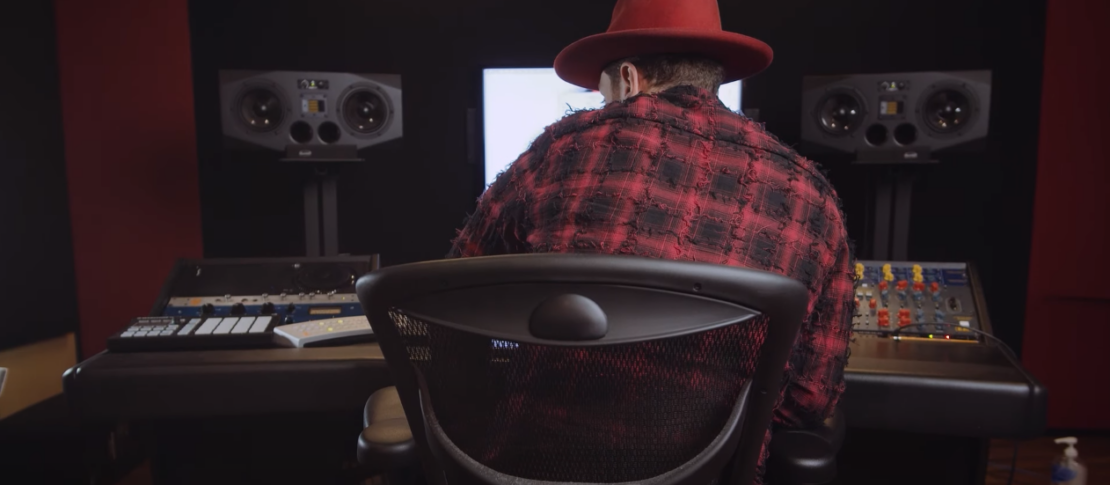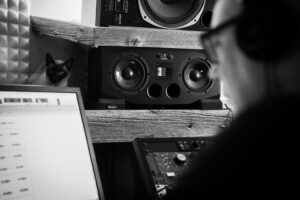
How to grow your business as an Audio Engineer/Producer with Sean Giovanni
Are you an aspiring audio engineer/producer looking to grow your business? We asked Nashville-based producer & audio engineer Sean Giovanni who sat down with us to talk about the importance of starting and building a business & personal brand as an audio engineer and producer.
Sean’s impressive recording studio setup is fully decked out with plenty of outboard gear and ADAM Audio monitoring, but it didn’t start out that way. Dive into Sean’s 5 tips to elevate your profile and attract clients in the competitive world of audio production.
1. Building Your Brand for Success
“Your brand is the key to standing out in the audio industry. Focus on what makes you unique and the value you bring to clients, such as expertise in equipment. Create a niche that sets you apart and market yourself around that unique feature. Develop a mission and philosophy, perhaps emphasizing a personalized approach to working with artists. Building your reputation starts with serving the artistic vision of your clients.”
2. Optimizing Studio Gear
“Tailor your studio equipment to your music genre preference. For pop music, consider a software-only setup (‘in the box’). For singer/songwriters or rock bands, invest in essential equipment like a high-quality vocal microphone.”
3. Strategic Rate Setting for Success
“For newcomers, consider working temporarily for free for the sake of exposure, but set clear expectations and include clauses for future compensation. However, it’s important to note that if you’re working for free, you’d need to have some sort of backed ownership in publishing or royalties. Once you grow, invest in quality equipment to justify rate increases. Showcase the value your gear brings to produce high-quality productions. While rate increases may lead to losing some clients, that’s okay as it’s crucial to establish your worth.”
4. Maintaining Work/Life Balance
“Balancing work and personal life is essential. Develop an organized system for managing dedicated work hours. Divide your time between production, skill development, equipment research, and relaxation. Emphasize the importance of rest during the weekend for optimal performance.”
5. Leveraging Studio Internships
“Kickstart your career with a studio internship. Personalize your outreach to experienced producers and engineers. Highlight your skills and unique value proposition. Tailor your communication to showcase specific interests, whether it’s studio equipment, certain skill development, or content creation on social media.”

